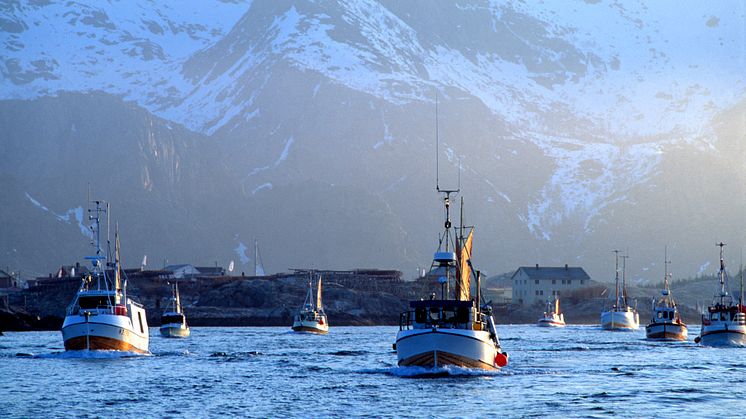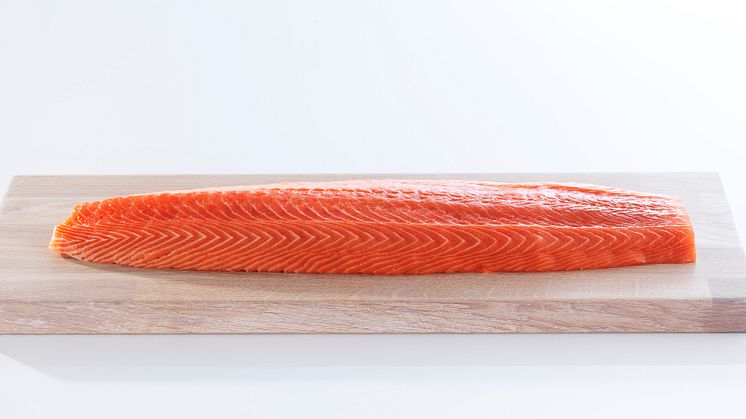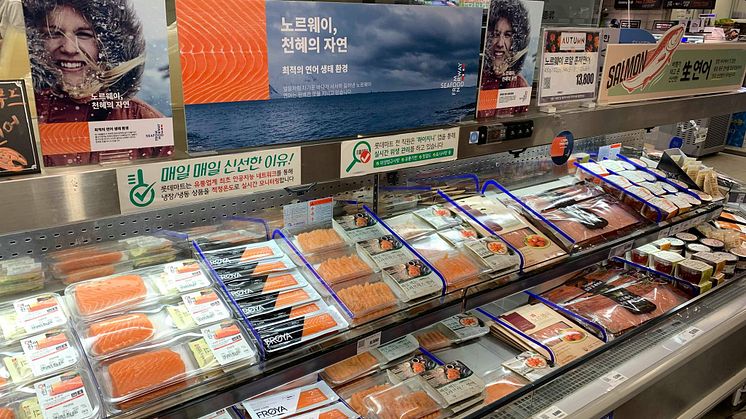
Press release -
Norwegian industry vows to keep seafood nation running amid Corona-chaos
The Norwegian seafood industry remains committed to providing safe, sustainable and nutritious food during the ongoing Corona pandemic.
Both wild fisheries and aquaculture are as food producers considered of critical importance to society. Together with the transport sector the seafood producers are aiming to keep up supply of Norwegian seafood both in Norway and abroad.
On Saturday 14th March, the Norwegian Ministry of Trade, Industry and Fisheries issued a formal letter identifying the value chain supporting food production and delivery as critical functions to society.
- The Norwegian seafood industry plays a very important role in the food supply chain, not only in Norway, but also across the world. In these difficult times it is important to keep society going, and ensure that everyone has access to healthy and nutritious foods, says Odd Emil Ingebrigtsen, newly appointed Minister of Fisheries and Seafood in Norway.
Access to healthy and safe foods more important than ever
Being classified as a critical societal function means the Norwegian seafood industry will aim to keep operations running as normal as possible.
- Perhaps now more than ever it is important to keep up the production and supply of healthy and nutritious foods, and we are very happy that the Norwegian government recognizes the vital part the Norwegian seafood industry plays in this. We are committed to playing our part and finding solutions to keep up a good supply of Norwegian seafood throughout these troubling times, says CEO of the Norwegian Seafood Council, Renate Larsen.
In Norway, like in most other European countries, the government has taken drastic steps to halt the spread of the Covid-19 virus. Schools, cinemas, restaurants and bars have been told to close and citizens encouraged to stay at home as much as possible. As an industry of critical importance, the seafood industry will have access to childcare, and the transport industry is exempt from some of the strictest quarantine regulations for personnel, to ensure the flow of goods across borders.
Borders are not shut for goods transport
Despite many borders across Europe now being shut, they are not closed to goods transport. This is confirmed in a statement from the Norwegian government on the 15th March, and also reflects the issued guidelines from the European commission. For overseas markets extra air freight routes are being established as passenger flights are suspended.
Norway exports 95 percent of its seafood, and many countries depend on Norwegian seafood to meet local demand. The Norwegian industry is now working together with the Norwegian government to ensure deliveries and logistics can continue to operate as smoothly as possible in a very uncertain situation.
- These are unprecedented times. Nobody really knows what we are facing around the corner. What we do know is that people need to eat. And we have some of the best and healthiest foods around. Ensuring a stable supply really is a critical function of society, and as a seafood nation we take our responsibility very seriously, says Larsen.
Stay up to date on the latest developments
The Norwegian Seafood Council will follow developments and aim to update industry and other interested parties on export development and logistics on a regular basis through this article. You can also sign up to receive regular newsletters from specific markets here.
Topics
Categories
The Norwegian Seafood Council works with the Norwegian fisheries and aquaculture industries to develop markets for Norwegian seafood through local market intelligence, market development and reputational risk management. The Seafood Council is headquartered in Tromsø and maintains local representatives in twelve of Norway's most important international markets. The Norwegian seafood industry finances the activities of the Norwegian Seafood Council via a tariff on all Norwegian seafood exports.
The Norwegian Seafood Council is a public company owned by the Ministry of Trade, Industry and Fisheries.






